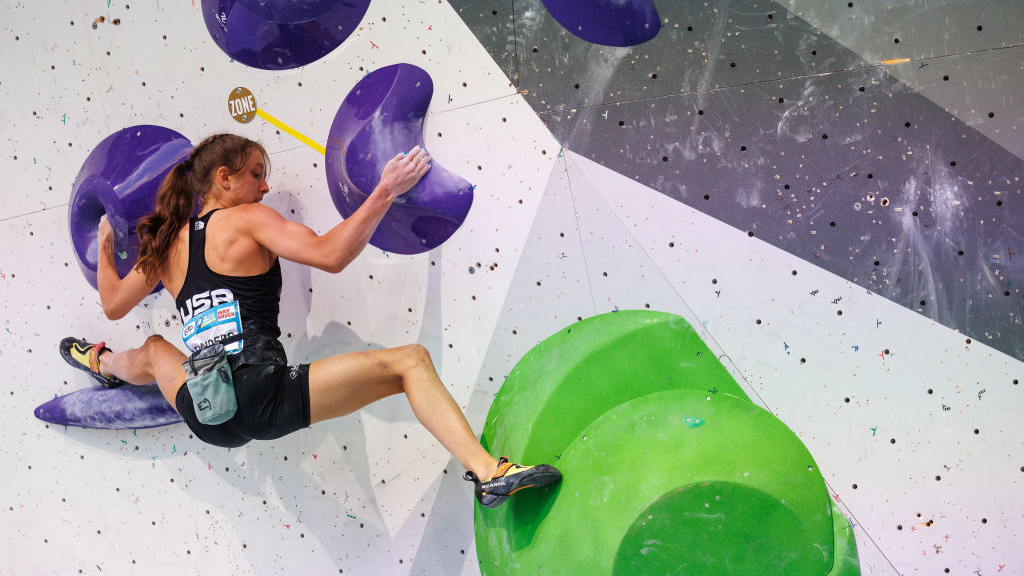Why did a decorated female ski jumper receive toiletries and towels as a prize while her male counterpart got thousands of euros?
Selina Freitag won a qualifying round at a ski jumping tour in Germany and received cosmetics as a prize

Why did an Olympic skier who took first place at a German ski jumping competition earlier this month walk away with a goodie bag of toiletries and towels while the male winner received a cash prize of thousands of euros? That's the question on the lips of many in the ski world this week as details of the latest pay disparity in ski jumping came to light.
Selina Freitag is a 23-year-old German skier who won a qualifying round at the Two-Night Ski Jumping Tour in Garmisch-Partenkirchen which took place at the beginning of the year. The Two Nights Tour is a smaller women's ski jumping competition that was introduced for the 2023-24 season in response to longstanding calls for a women's version of the 9-day men's Four Hills Tournament.
The male skiers who win at this level receive a prize of €3,200, but according to BR24 Winter Sport, Freitag was instead given shampoo, shower gel, and four towels as her reward.
"It's like, 'here, we unfortunately didn't have 500 euros leftover," says Freitag in an interview with the Sports Show, which was shared by BR24 Winter Sports.
"I don't want to complain too much about it, but you can see the differences."
Freitag has competed at World Cup level since the 2018–19 season. Her best individual result is second place, which she has achieved on three occasions.
A post shared by BR24Wintersport (@br24wintersport)
A photo posted by on
In what's now being termed "shampoo gate," other prize discrepancies are being brought to light by winter sports outlets like BR24. The overall winner of the women's tournament, Slovenian Nika Prevc, was awarded €10,000, but the Austrian winner of the men's tournament, Daniel Tschofenig, will receive more than 10 times that amount with a cash prize of €106,000.
Advnture Newsletter
All the latest inspiration, tips and guides to help you plan your next Advnture!
The reason for the discrepancy? According to Swiss news outlet Blue News, it comes down not to differences in talent or performance, but numbers. It reports that compared to the 10,000 fans who watched Swiss jumper Gregor Deschwanden and his team qualify on New Year's Eve, only 3,000 fans tuned in for the women's event.
Despite that, FIS World Cup Race Director Sandro Pertile has spoken out in response to criticism to say the discrepancy is something the organization wishes to rectify.
"That was not a nice day for us. We are aware of the inequality and want to close the gap."
For those wishing to tune in and boost numbers, the Ski Jumping World Cup continues through the end of March and is broadcast live on Eurosport.
Julia Clarke is a staff writer for Advnture.com and the author of the book Restorative Yoga for Beginners. She loves to explore mountains on foot, bike, skis and belay and then recover on the the yoga mat. Julia graduated with a degree in journalism in 2004 and spent eight years working as a radio presenter in Kansas City, Vermont, Boston and New York City before discovering the joys of the Rocky Mountains. She then detoured west to Colorado and enjoyed 11 years teaching yoga in Vail before returning to her hometown of Glasgow, Scotland in 2020 to focus on family and writing.

